 Best Commercial Pest Control: Long-term integrated strategy.
Best Commercial Pest Control: Long-term integrated strategy.
How would it affect your restaurant of hotel’s business if guests were the first to discover a pest problem? Having a long-term pest control strategy is the best way never to face this potential disaster.
“You don’t want to have guests complaining about a pest problem, not only because you could start losing business, but your business could shut down until the problem is taken care of, especially if you are a restaurant with pests.” Credits: Commercial Businesses Are Encouraged To Have Regular Pest …
Best Commercial Pest Control: The 5 pillars
A strong proactive pest management program includes for pillars:
- Inspection
- Identification
- Sanatation
- Monitoring
- Education
Best Commercial Pest Control: Inspection
 You’ll want to customize pest inspection based on the kind of commercial establishment you run. For example, a restaurant, an office building, a hotel and a daycare center each require their own unique customized approach to pest inspection. Each have their particualar pest entry points and “hot spots”, along with specific treatment issues. Additional needs exist where a business operates in multiple sites.
You’ll want to customize pest inspection based on the kind of commercial establishment you run. For example, a restaurant, an office building, a hotel and a daycare center each require their own unique customized approach to pest inspection. Each have their particualar pest entry points and “hot spots”, along with specific treatment issues. Additional needs exist where a business operates in multiple sites.
Credits: The Importance of Commercial Pest Control » sugarlandexterminating
Best Commercial Pest Control: Identification
While it’s common sense that bed bugs are more likely found in hotels than in restaurants, there are many other kinds of pests that favor one type of commercial establishment over another. An effective commercial pest control strategy is proactively targeted at the specific type of pest most likely to be a problem for that particular business.
Best Commercial Pest Control: Sanitation
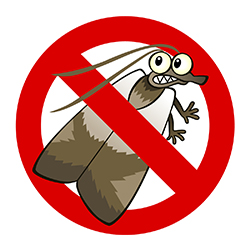 Sanitation is more than taking out the trash on a regular basis. It’s the entire system of managing your grounds. It certainly includes emptying the waste bins but it’s so much more. For instance, where is your commercial waste bin located? Is it far enough away from the foundation? Where does your company store mops? They can attract bugs if left wet. What does your breakroom look like? If food is left unsealed, even just over the weekend, it can lead to a major pest problem. Every process of cleaning and refuse removal should be evaluated. Proper sanitation cuts off the food and water supply for most pests so they never become an issue at all. Credits: Long-Term Commercial Pest Control for Businesses in MA
Sanitation is more than taking out the trash on a regular basis. It’s the entire system of managing your grounds. It certainly includes emptying the waste bins but it’s so much more. For instance, where is your commercial waste bin located? Is it far enough away from the foundation? Where does your company store mops? They can attract bugs if left wet. What does your breakroom look like? If food is left unsealed, even just over the weekend, it can lead to a major pest problem. Every process of cleaning and refuse removal should be evaluated. Proper sanitation cuts off the food and water supply for most pests so they never become an issue at all. Credits: Long-Term Commercial Pest Control for Businesses in MA
Best Commercial Pest Control: Monitoring
- Business owners should schedule a pest inspection at least once a year to prevent future infestations.
- Set up an ongoing maintenance plan with your pest control company so you can prevent closing your business due to pests.
- Restaurants should conduct regular pest control treatments. They are required to adhere to health regulations, with a large portion of that being pest control.
- Pest control protects your business’s reputation and reduces the possibility of any disciplinary actions.
- Bed bugs can also cause an array of issues for hotels. Keep in mind though that bed bugs aren’t the cause of sanitation issues, but brought in by guests. Proper pest control is needed to eliminate bed bugs.
Credits: Commercial Businesses Are Encouraged To Have Regular Pest …






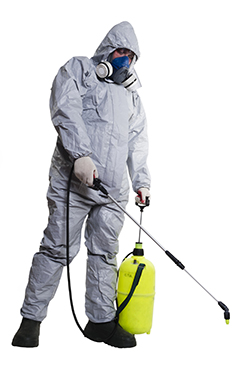

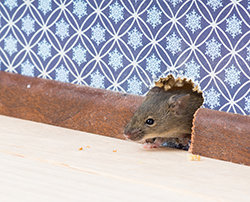





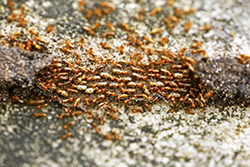
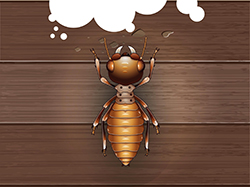
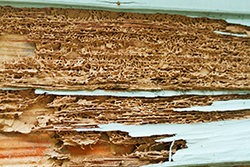
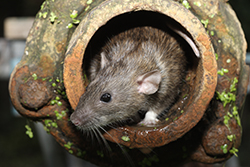

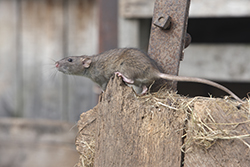
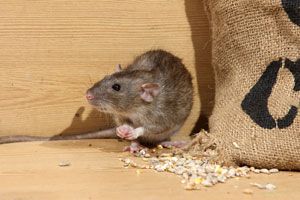
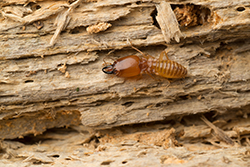
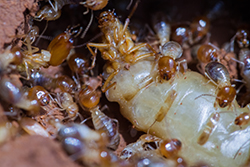
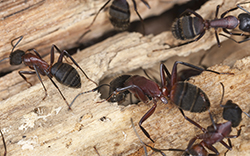

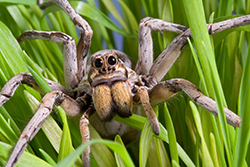
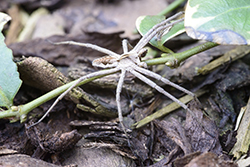
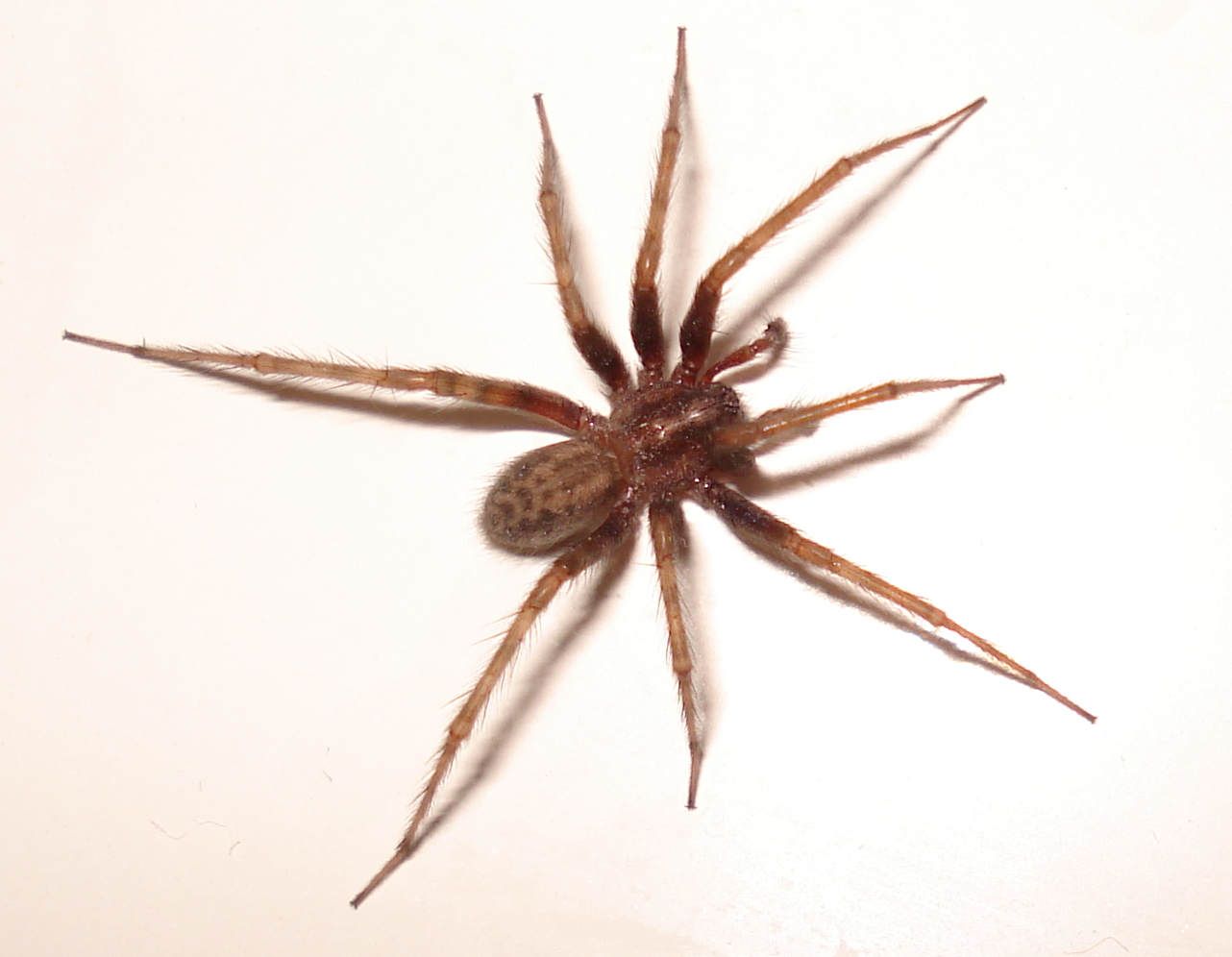
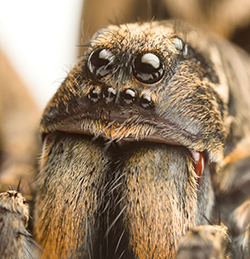
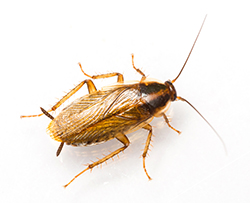

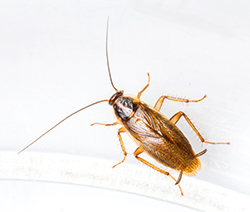
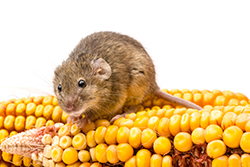
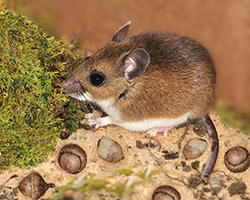
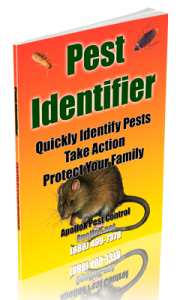





Recent Comments